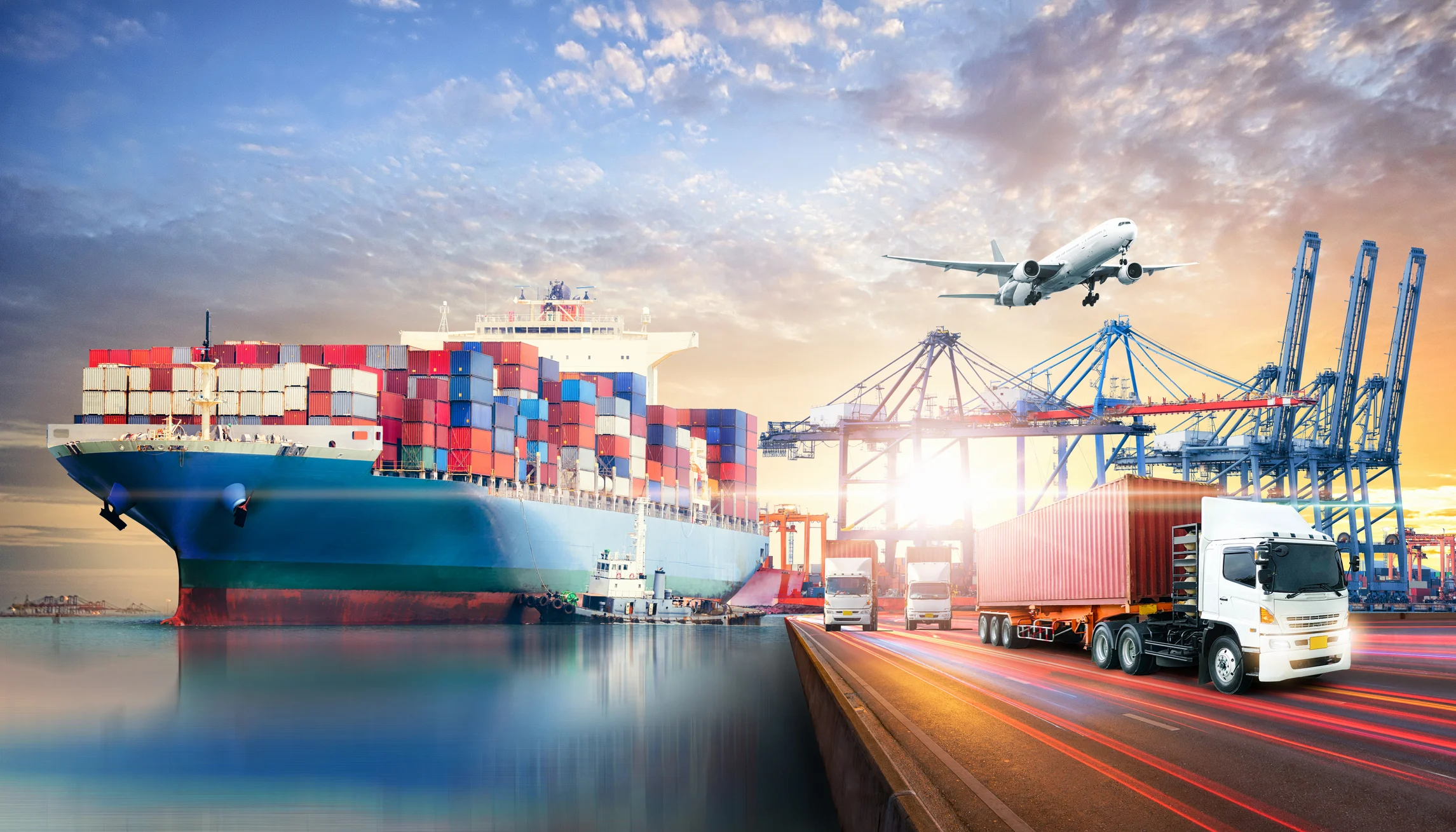In the modern global economy, logistics plays a pivotal role in facilitating the movement of goods and services from production to consumption. From the manufacturing floor to the customer’s doorstep, logistics encompasses a wide range of activities, processes, and systems aimed at optimizing the flow of materials, information, and resources. In this comprehensive guide, we’ll delve into the multifaceted world of logistics, exploring its significance, key components, and the critical role it plays in driving efficiency, competitiveness, and economic growth.
Understanding Logistics:
At its core, logistics refers to the process of planning, implementing, and controlling the efficient and effective flow of goods, services, and information from point of origin to point of consumption. It encompasses a broad spectrum of activities, including transportation, warehousing, inventory management, packaging, and distribution, all of which are essential for ensuring that products reach their intended destination in a timely and cost-effective manner.
The Importance of Logistics: Logistics serves as the backbone of modern commerce, enabling businesses to meet customer demands, optimize supply chain operations, and gain a competitive edge in the marketplace. Some key reasons why logistics is important include:
- Customer Satisfaction: Effective logistics ensures that products are delivered to customers in a timely manner, leading to higher levels of customer satisfaction and loyalty.
- Cost Efficiency: By streamlining supply chain processes and optimizing transportation and distribution networks, logistics helps reduce operating costs and improve overall profitability.
- Inventory Management: Logistics plays a crucial role in managing inventory levels, minimizing stockouts and excess inventory, and maximizing inventory turnover, thereby improving cash flow and profitability.
- Market Expansion: Logistics enables businesses to expand into new markets and reach customers in remote or underserved areas, opening up new growth opportunities and revenue streams.
- Competitive Advantage: A well-executed logistics strategy can provide businesses with a competitive advantage by improving speed to market, reducing lead times, and enhancing overall operational efficiency.
Key Components of Logistics: Logistics encompasses several key components, each of which plays a critical role in the overall supply chain ecosystem:
- Transportation: Transportation involves the movement of goods from suppliers to manufacturers, warehouses, distribution centers, and ultimately to customers. Modes of transportation include road, rail, air, sea, and intermodal.
- Warehousing: Warehousing involves the storage, handling, and management of inventory at various stages of the supply chain. Warehouses serve as distribution hubs where goods are stored, sorted, and prepared for shipment.
- Inventory Management: Inventory management entails the tracking, monitoring, and control of inventory levels to ensure optimal stock levels, minimize stockouts, and prevent overstocking.
- Packaging and Labeling: Packaging and labeling are essential aspects of logistics that involve the design, assembly, and labeling of product packaging to protect goods during transportation and enhance brand visibility.
- Distribution: Distribution involves the final stage of the logistics process, where products are delivered to customers through various channels, including direct shipment, retail stores, e-commerce platforms, and third-party logistics providers.
Impact of Technology on Logistics: Advancements in technology have revolutionized the logistics industry, enabling businesses to optimize supply chain operations, improve visibility, and enhance efficiency. Some key technologies transforming the logistics landscape include:
- Transportation Management Systems (TMS): TMS software helps businesses optimize transportation routes, manage carrier relationships, track shipments in real-time, and analyze transportation costs.
- Warehouse Management Systems (WMS): WMS software automates warehouse operations, including inventory tracking, order picking, packing, and shipping, leading to improved accuracy and efficiency.
- Internet of Things (IoT): IoT devices such as RFID tags, sensors, and GPS trackers provide real-time visibility into the location, condition, and status of goods throughout the supply chain, enabling better decision-making and risk management.
- Artificial Intelligence (AI) and Machine Learning: AI and machine learning algorithms analyze large volumes of data to identify patterns, trends, and insights that can optimize logistics processes, predict demand, and improve supply chain performance.
- Blockchain Technology: Blockchain technology offers a secure and transparent way to record and track transactions, contracts, and shipments across the supply chain, reducing fraud, improving traceability, and enhancing trust and accountability.
Challenges and Opportunities in Logistics: While logistics offers numerous benefits, it also presents several challenges and opportunities for businesses:
- Supply Chain Disruptions: Events such as natural disasters, geopolitical conflicts, and global pandemics can disrupt supply chains, leading to delays, shortages, and increased costs.
- Last-Mile Delivery: Last-mile delivery remains a significant challenge in logistics, as businesses strive to meet customer expectations for fast and convenient delivery while managing the complexities of urban environments and traffic congestion.
- Sustainability: Sustainability is an increasingly important consideration in logistics, with businesses seeking to reduce carbon emissions, minimize waste, and adopt environmentally friendly practices throughout the supply chain.
- E-Commerce Growth: The rapid growth of e-commerce has transformed the logistics landscape, with businesses facing increasing demand for fast, reliable, and cost-effective delivery services to meet the needs of online shoppers.
- Globalization: Globalization has expanded opportunities for businesses to reach new markets and source materials from around the world, but it has also increased the complexity of managing global supply chains and navigating trade regulations and tariffs.
Logistics plays a fundamental role in the success of businesses across industries, driving efficiency, competitiveness, and customer satisfaction. From transportation and warehousing to inventory management and distribution, logistics encompasses a wide range of activities and processes that are essential for ensuring the smooth flow of goods and information throughout the supply chain. By embracing technology, optimizing processes, and addressing challenges head-on, businesses can leverage the power of logistics to achieve their strategic objectives, drive growth, and thrive in an increasingly interconnected and dynamic global marketplace.
Read More: Logistics company in Jammu and Kashmir
